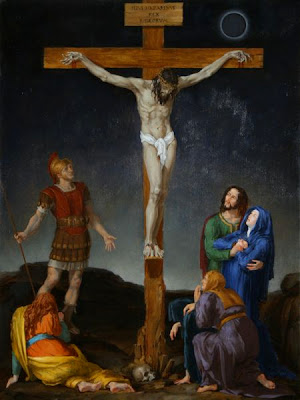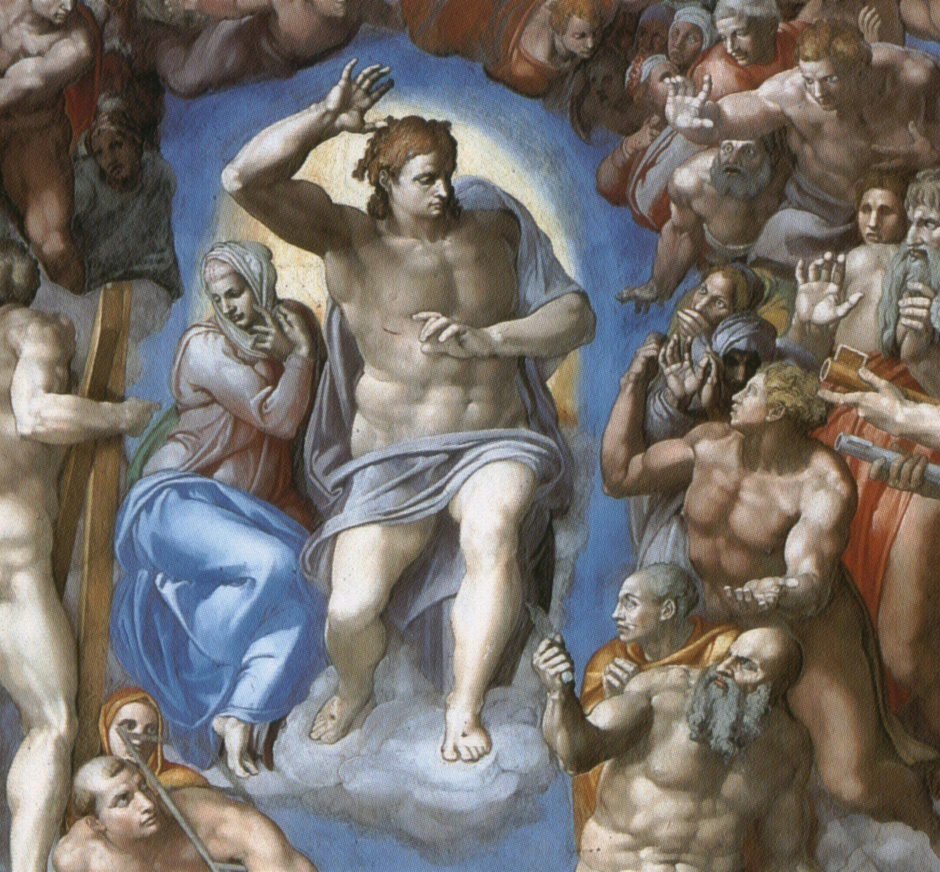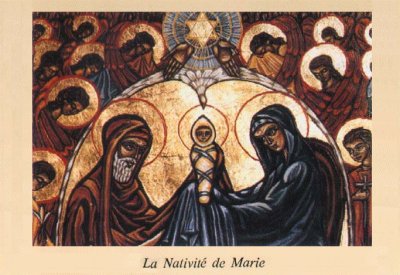His master summoned him and said to him, 'You wicked servant! I forgave you your entire debt because you begged me to. Should you not have had pity on your fellow servant,as I had pity on you?'Then in anger his master handed him over to the torturersuntil he should pay back the whole debt. So will my heavenly Father do to you,unless each of you forgives your brother from your heart. (Matthew 18:32-35)
 |
| St. Thomas More |
There's a story about St. Thomas More from when he was imprisoned in the Tower of London. Whether or not it's true, I cannot say, but it was told to me by Fr. Reggie Foster, chief Latinist at the Vatican for several decades. So, at least the Latin is accurate! Anyway, the story is that while More was imprisoned, a man who owed him money stopped by his cell to jeer at him and antagonize him. He pointed at More and said in Latin, "Memento morieris" [Remember, you will die!]. To this, More--somewhat of a master of Latin pun--quipped "Memento Mori aeris" [Remember More's money!]. [FYI, the pronunciations are extremely similar.]
In the Gospel today, we have a scene where a king wishes to settle accounts with the servants who owe him money. This one servant owes him "a huge amount," as St. Matthew says. Other Gospel accounts specify the amount as being 10,000 talents. One talent was the equivalent of 10,000 silver Roman denarii, and one Roman denarius was roughly the average daily wage. So, this servant effectively owed the king 100 million days' wages! Begging for more time to repay the loan, the king does something remarkable--he forgives the loan entirely!
The next thing we know, we see a parallel scene where this same servant begins to choke and beat a fellow servant of his for owing him a significantly smaller amount (other Gospel accounts estimate it at around 100 talents--still not exactly pocket change!). When the king finds out, he becomes understandably angry and hands the servant over to the torturers for his unwillingness to extend to his fellow servant the same forgiveness that he himself had received from the king.
Our Jewish brethren have a practice on Yom Kippur (the highest of their High Holy Days), whereby each one stands up and publicly confesses their sins to one another, that they might received forgiveness from each other. It is only after they have received forgiveness from one another that they can ask forgiveness of God.
This practice implies a fundamental understanding of human nature. We were not created to be isolationists. God created man that he might live in communion with others. We are called, therefore, to be a part of the human family, our community, our society. But, as they say, "a chain is only as strong as its weakest link." When we sin, we weaken ourselves spiritually. And this affects the well-being of the entire community--whether we realize it or not! There is no such thing as a "private" sin!
And so receiving forgiveness for our sins is more complicated than merely asking for God's forgiveness. Our very nature compels us to seek the forgiveness of our brothers and sisters, and to offer freely that forgiveness to others.
If we take the image of the cross in its most basic form, we have one vertical bar, and one horizontal bar. This is so very symbolic of our relationality as human beings. We are in relationship with God (vertical) and with others (horizontal). And so, receiving forgiveness for our sins requires both! This is the beauty of the Sacrament of Confession. When we confess our sins in this all-important Sacrament, we receive the absolution of the priest who functions in two capacities at once: in the Person of Christ, he offers the forgiveness of God; and as a representative of the community, he offers the forgiveness of our brethren!
What Jesus tells us today--and what we know from the First Reading from the Book of Sirach--is that our own forgiveness is contingent upon our willingness to forgive others. Take, for example, the Lord's Prayer--the most perfect prayer we have. "...and forgive us our trespasses (debts/sins/etc.), as we forgive those who trespass (incur debt/sin/etc.) against us..." We cannot receive the forgiveness of God if we are not willing to forgive others, nor if we are unwilling to seek the forgiveness of others for those sins which we have committed!
And what a sad sight it would be if, on the day of our judgment, we stand before God's throne are are presented with our own Thomas Mores...poor souls looking out at us from behind bars saying to us, "Memento More aeris!"...saying, You owe me! Where is my money? Where is my forgiveness? You are in my debt!
My friends, how embarrassing it would be for us to stand before the Throne of God on that day and be found to be so lacking in charity! Let it never be said that a good, true Christian would find himself in such a situation that anyone who asked for his forgiveness did not receive it, nor that he would pass from this life in debt to another, still needing the grace to ask the forgiveness of one to whom he was in debt.
For, we all shall die! God forbid that this happens without our accounts being settled!
St. Thomas More, pray for us!













